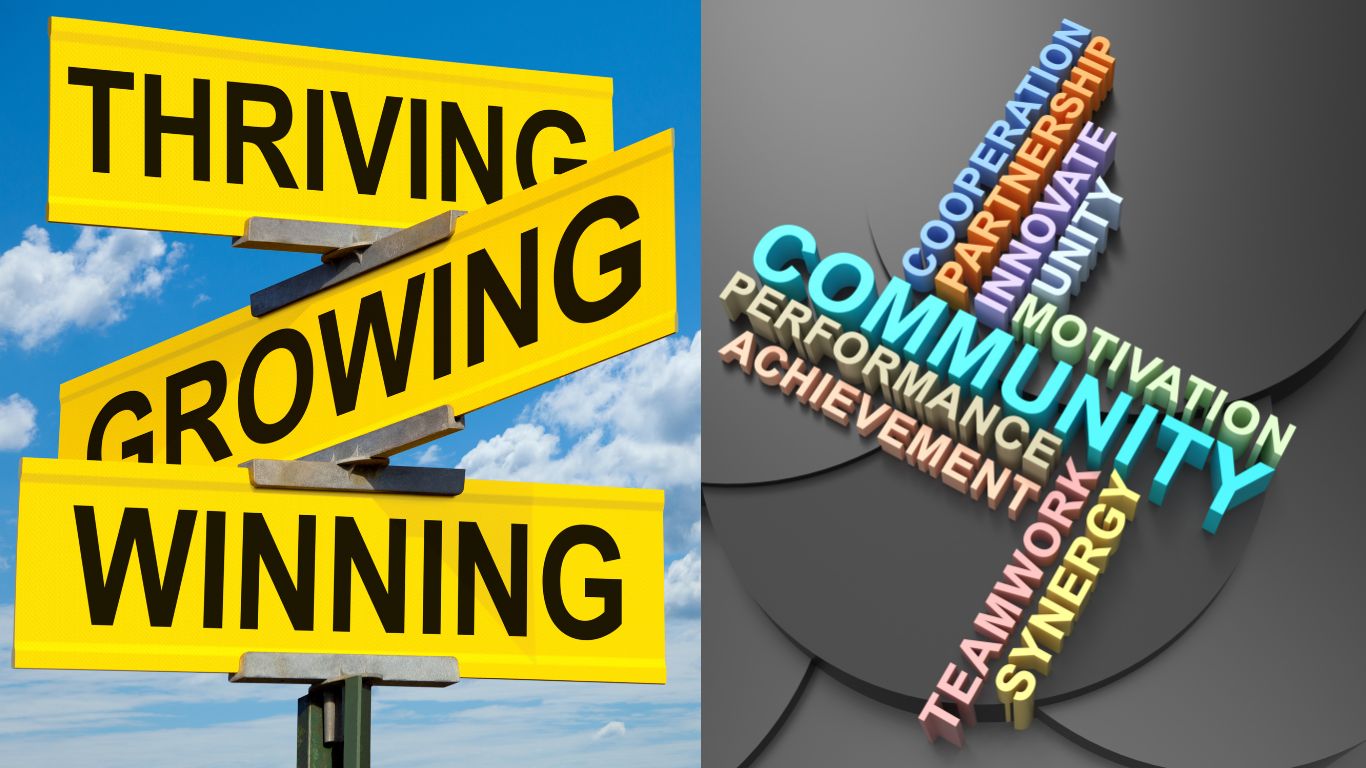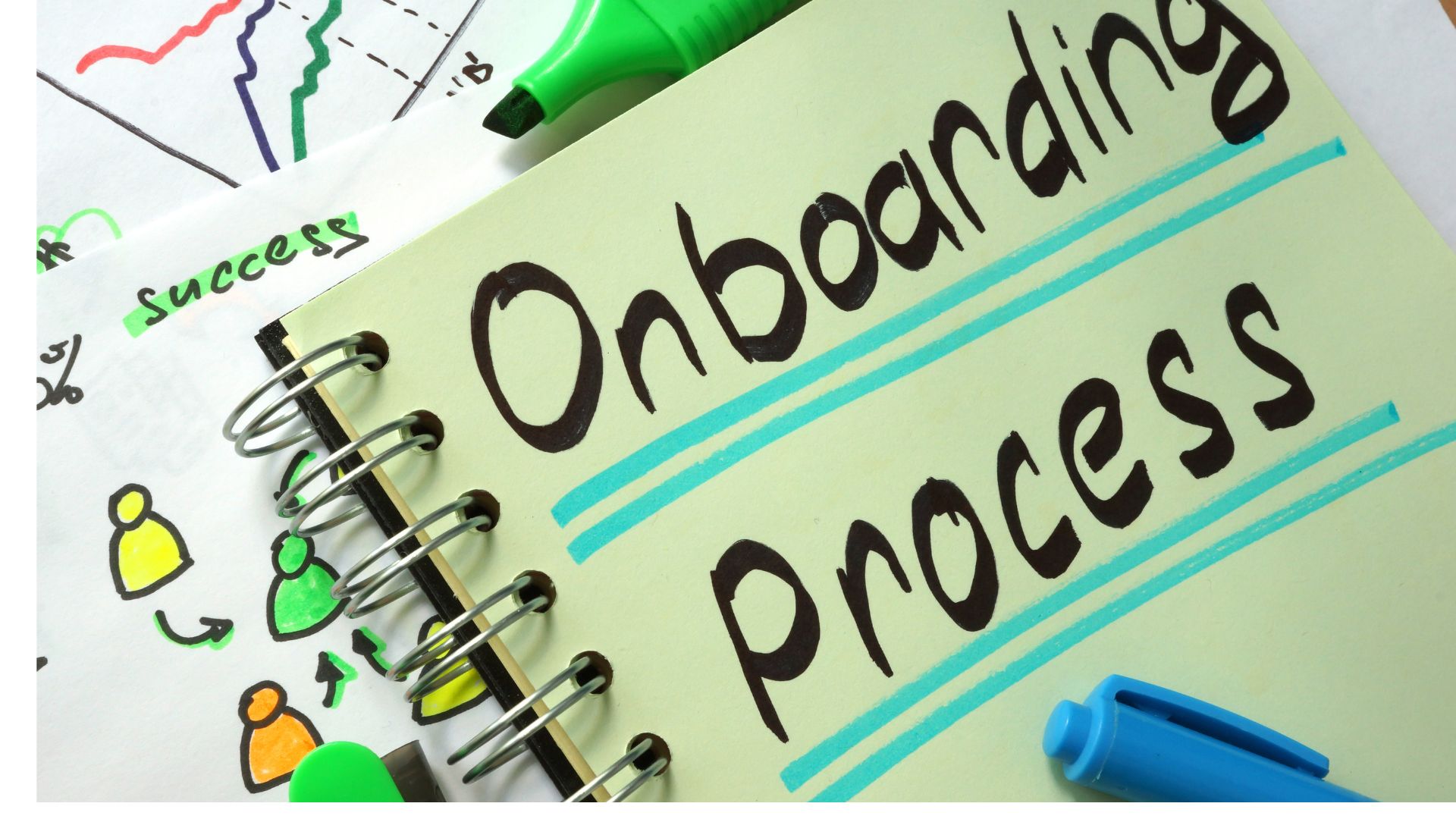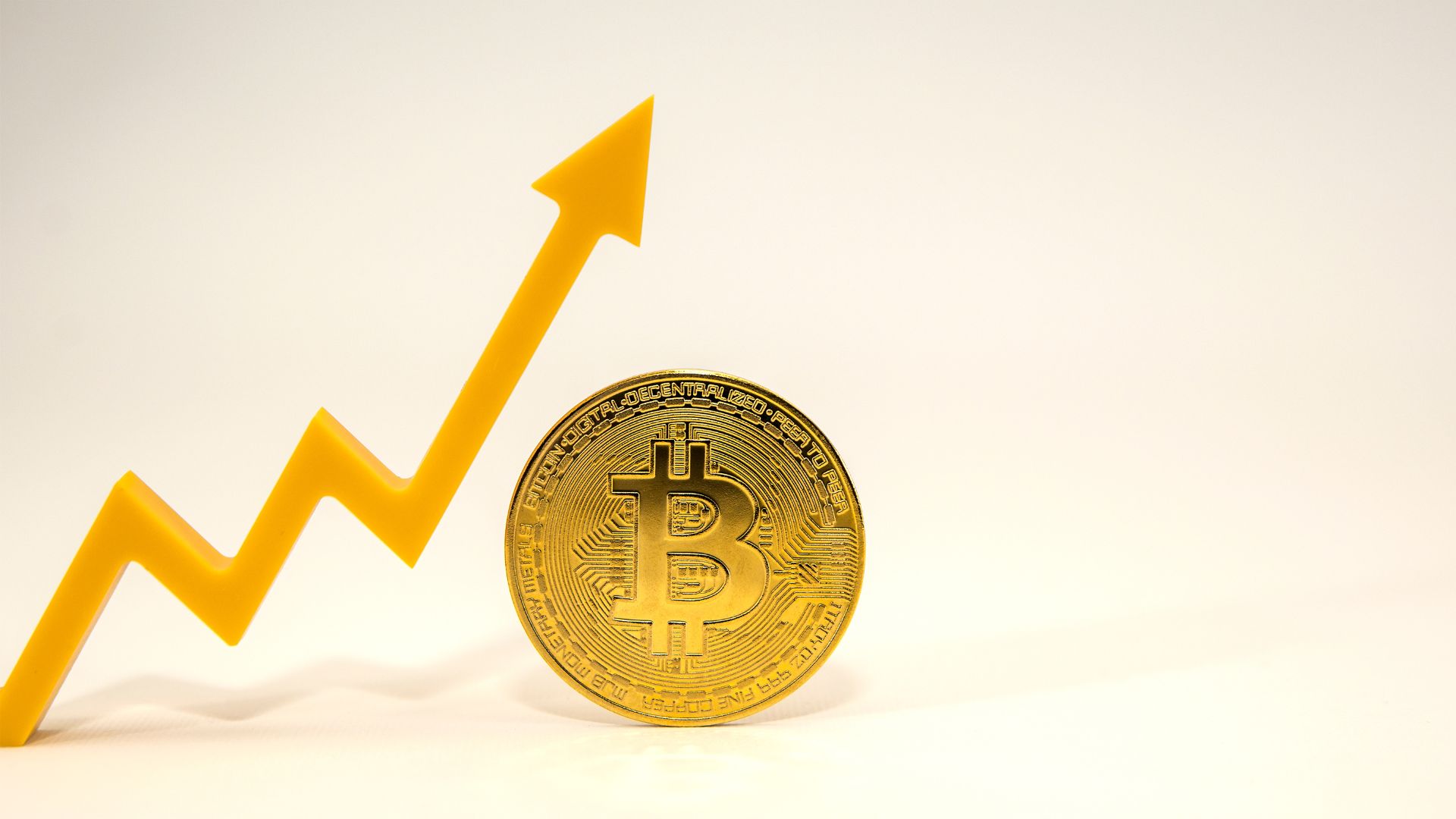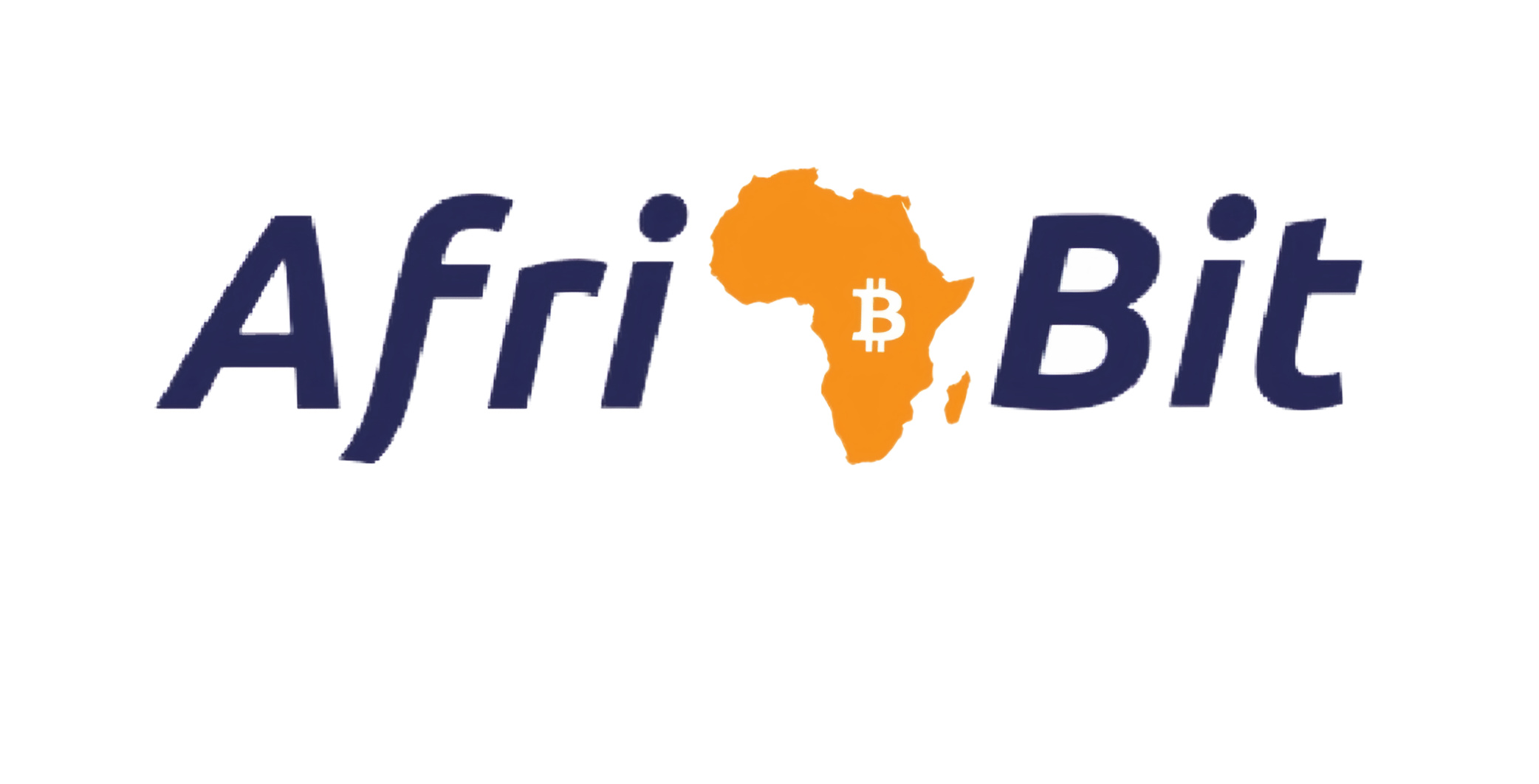Introduction
Financial inclusion is crucial for the growth of entrepreneurship which we know is the backbone of most countries in Africa. The onset of banking was ideal for those in the perceived middle class, the employed, or for those who can present documentation fulfilling the Centralized Financial systems requirements (Know your customer). In Kenya the infiltration of Mobile banking which has seen people receive and make payments and even save outside the banking platform has made financial inclusion an achievable dream, the downside; requires documentation that enables one to have an account, therefore, going back to the Centralized Systems in place.

Follow Us on our Socials:
The problem
Informal settlements are thriving communities of commerce and industry. They are a vital part of economic growth and contribute positively to the nation’s GDP. A lot of the dwellers have what are considered informal jobs, are paid daily, and have temporary employment contracts which mean no benefits attached to them. This hinders any dreams of financial freedom through access to financial services such as banking to save, then access to credit further contributing to poverty and lack. Informal settlement dwellers with businesses cannot access banks to receive payments as most do not meet the documentation requirements which require business registration, permits, and other government–bank requirements. The businesses that do have accounts find that transactions are expensive and aside from keeping money in the bank, the benefits are non-existent because the lending interests are prohibitive at 20% P.A. According to U.N. Habitat, 85% of new employment opportunities around the world are in the informal economy, like the untaxed, unregulated businesses in Kibera. https://www.one.org/international/blog/meet-the-innovators-and-entrepreneurs-of-kenyas-kibera-slum/
What is the mission and vision?
Our mission in Kibera community is to promote, educate, and onboard people to adopt the bitcoin/lightning network with a plan to develop a blockchain community savings model based on the software stack by Galoy.
Our vision is to have the Kibera community have its own community savings models that they are fully in charge of and control independently without external determinants.
How do we do this?

Have a vigorous training program, which will see the first few vendors onboard and use the system.

The trained vendor group shall be used as peer-to-peer trainers onboarding merchants and suppliers and consumers.

